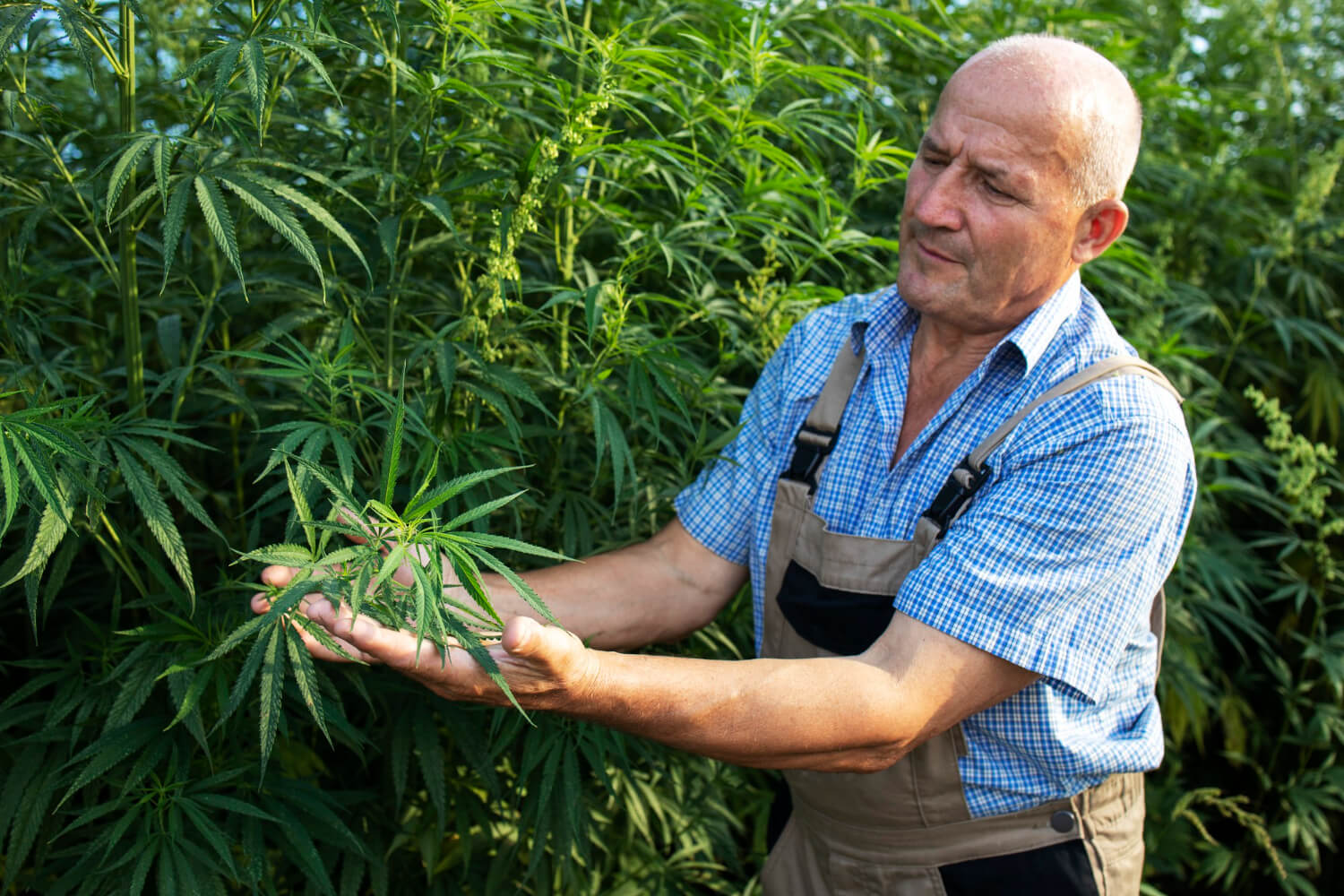The 2018 farm bill’s legalization of hemp in the United States has seen a rise in hemp farming across various states. Despite this, farmers are encountering challenges as the U.S. Department of Agriculture (USDA) revokes licenses for cultivating high-THC cannabis, even in states where it’s legal.
Farmers who took up hemp farming after its nationwide legalization are facing license cancellations, reflecting a gap in legal and regulatory guidance. This issue has led to a state-by-state disparity in rule enforcement. Reports indicate that farmers unable to maintain both cannabis and hemp licenses are primarily from states lacking their own hemp programs.
USDA’s Oversight and License Revocations
Under the 2018 farm bill, the USDA is responsible for approving state hemp programs and directly supervises hemp cultivation in states without their own programs, including Vermont, Mississippi, and Missouri.
The revocation of hemp cultivation licenses, especially for farmers in Vermont and Mississippi who entered the legal adult-use cannabis market, is causing confusion and uncertainty, adversely affecting the U.S. hemp industry’s growth.
Hemp, known for its diverse uses in textiles, biofuels, construction, and CBD products, holds significant economic potential. However, these inconsistent regulations slow the sector’s progress, frustrating many farmers.
How Has It Impacted The Industry?
The industry’s response to these challenges has been proactive. Organizations like the U.S. Congressional Research Service are addressing hemp industry concerns and preparing for future legislative discussions. New legislation is being proposed to tackle issues such as the illegal cannabis market and limits on retail outlets.
A proposed solution to these regulatory issues is the introduction of more state-run hemp programs. These would provide clear, uniform guidelines and definitions, aiding growers in navigating the complexities of hemp and cannabis cultivation.
An Example To Follow And The Road Ahead
Michigan stands as a model of success in the hemp growth industry. The state’s cannabis testing company, Viridis Laboratories, recognized by the National Industrial Hemp Council of America, exemplifies successful industry integration.
Looking ahead, it’s imperative for lawmakers to work together to establish transparent regulations and support systems for farmers, ensuring stability and growth in the U.S. hemp industry. Adopting approaches similar to Michigan’s could address the inconsistencies in states without established hemp programs.
Farmers need to adapt and comply with evolving regulations to prevent penalties or license loss. As the hemp industry establishes itself in the U.S. legal framework, collaboration among local governments, federal bodies, and the farming community is vital for the long-term success of this crop. Achieving legal clarity and consistency will enable hemp farmers to fully explore the plant’s diverse potential.





